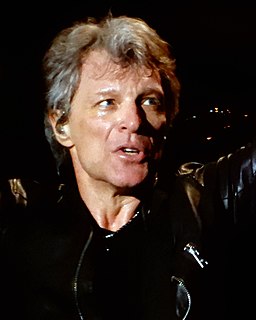A Quote by Soren Kierkegaard
The self is a relation which relates itself to its own self, or it is that in the relation that the relation relates itself to its own self; the self is not the relation but that the relation relates itself to its own self.
Related Quotes
Self-confidence is inseparable from submission to the creedal order, and through that order, to the supreme authority expressed in that order. ... Deep individualism cannot exist except in relation to the highest authority. No inner discipline can operate without a charismatic institution, nor can such an institution survive without that supreme authority from a relation to whom self-confidence derives. Without an authority deeply installed, there is no foundation for individuality. Self-confidence thus expresses submission to supreme authority.
What exists in truth is the Self alone. The world, the individual soul and God are appearances in it. Like silver in mother-of-pearl, these three appear at the same time and disappear at the same time. The Self is that where there is absolutely no 'I thought'. That is called 'Stillness'. The Self itself is the world; the Self itself is 'I'; the Self itself is God; all is Siva, the Self.
Laziness acknowledges the relation of the present to the past but ignores its relation to the future; impatience acknowledge its relation to the future but ignores its relation to the past; neither the lazy nor the impatient man, that is, accepts the present instant in its full reality and so cannot love his neighbour completely.
Why does philosophy use concepts and why does faith use symbols if both try to express the same ultimate? The answer, of course, is that the relation to the ultimate is not the same in each case. The philosophical relation is in principle a detached description of the basic structure in which the ultimate manifests itself. The relation of faith is in principle an involved expression of concern about the meaning of the ultimate for the faithful.







































